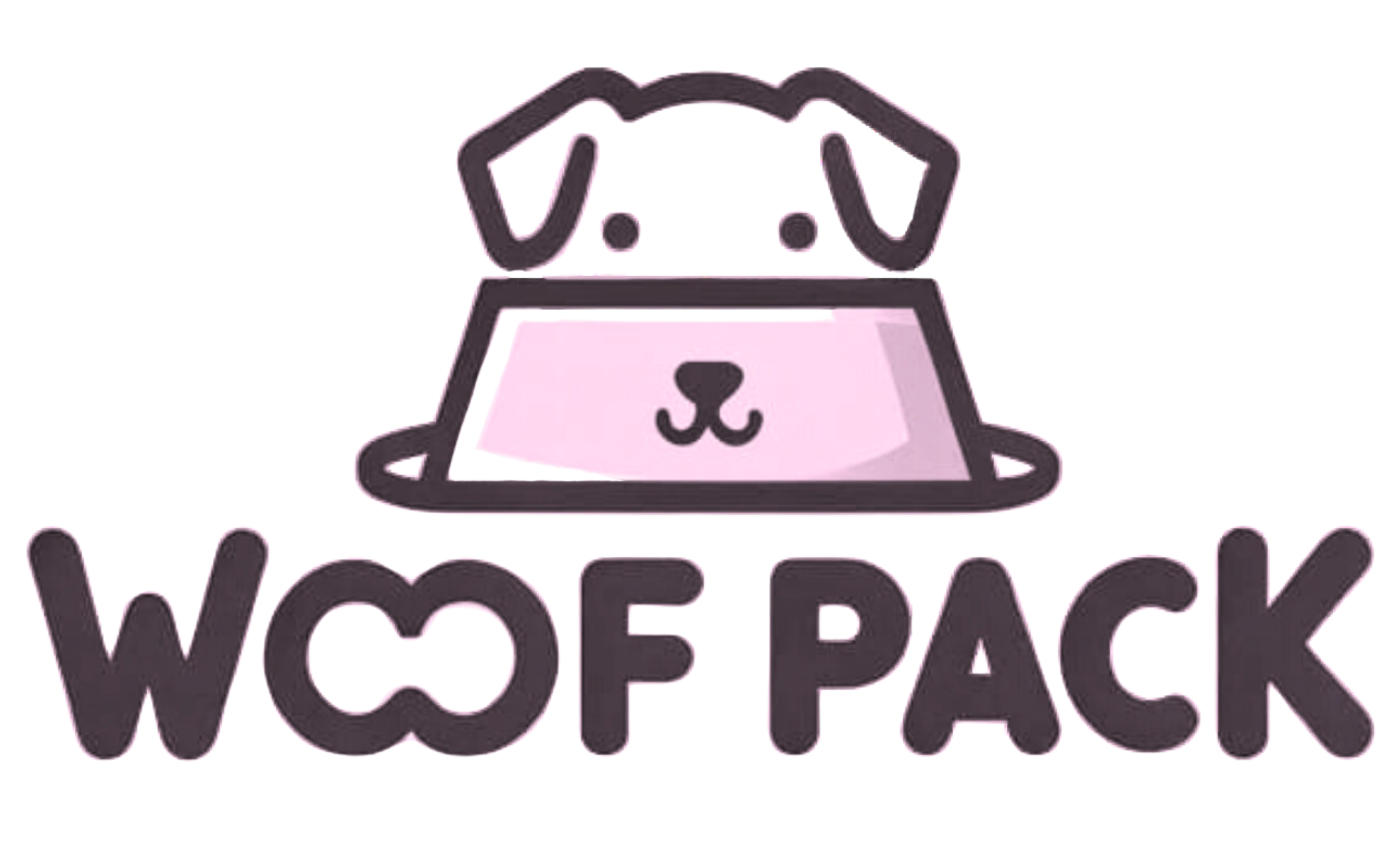Puppies are adorable bundles of fluff and happiness. So cute, so cuddly, so bouncy and playful, so—OUCH! Then the teeth come out, and you have to wonder if you’ve adopted a baby dog…or a furry little shark.
It can be tempting to try to shut down puppy play biting, or mouthing, as quickly as possible. Those needle teeth hurt! However, nipping in the context of play actually serves a vital function in your puppy’s development. By responding thoughtfully, you have the chance to play a critical role in helping your pup grow into a safe, gentle adult dog.
When puppies play-bite one another, they receive immediate feedback from their playmates. If they’re gentle, the fun rolls on. If they bite too hard, play grinds to a dramatic—and boring!—halt. With enough rough-and-tumble experience, puppies learn to control the force of their jaws. This lesson sticks with them for life.
A learning process like this makes sense. Dogs have serious built-in weaponry: sharp teeth backed up by impressive musculature. Yet, as a social species, they have to be able to live together without constant risk to life and limb. All social animals—including people!—get into arguments. Dogs are no exception. They argue, not with words, but with their jaws. The ability to do this with inhibited force is a valuable life skill.
Acquired bite inhibition, the ability to modulate jaw pressure, even under stress, seems to be something that dogs pick up as nippy puppies. And the window to develop solid self-control appears to close once a puppy’s adult teeth have grown in at around 16-20 weeks.
So, when you first bring a young puppy home, the clock is ticking. What can you do to help him along?
The first (and most important!) thing is to enrol in a reward-based group puppy class that allows free play time. Puppies begin learning bite inhibition with their litter-mates, and playful classmates can help your pup continue building on those skills after arriving in your home.
The second thing is the most counter-intuitive. As long as your puppy is being gentle, it’s actually beneficial to allow him to nip your fingers! This will help him to learn that fun things—play and attention—come to those with soft mouths. Don’t worry, you’ll soon be able to phase this out!
Lastly, you’ll need to let your puppy know when he’s being too rough. If he bites too hard, use a consistent word to mark that behaviour. We like “too bad!” or “ouch!”—these are tough to say in a scary tone of voice, which is important to avoid. Then, play needs to end. This is the real penalty—taking away your puppy’s fun! Either step out of reach (e.g. over a gate or through a door) or, if your pup already loves his crate, you can place him there for a time-out. After 30-60 seconds of boredom, you can go back to your game. (Any longer and your pup may well find something…artistic…to do while you’re gone!)
If you stick with your soft mouth/hard mouth feedback, your puppy should bite with less and less force. Once he hits the 20-week mark and is consistently gentle, you can choose to time out all biting and encourage mouthing on toys instead. Then your fingers will be safe!
Puppies have a lot to learn in their first few months. Play-biting is an important piece in that puzzle. So, if your new pup is doing his best impression of a piranha, don’t panic! With thoughtful feedback, you can pave the way for him to grow into a gentle adult.
